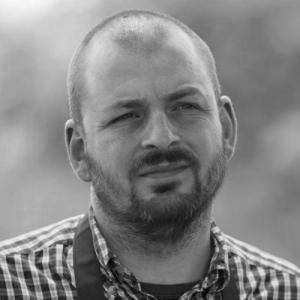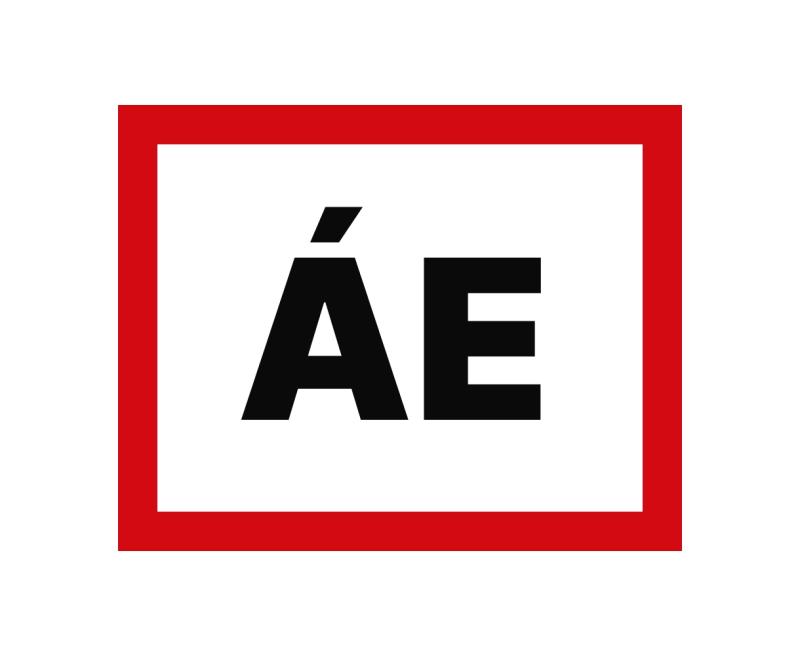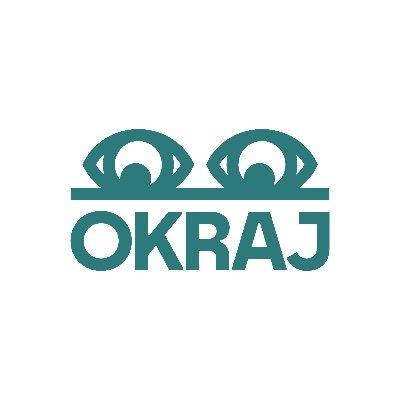The consequences of segregation are social, pedagogical, and economic. Ethnic segregation in education reduces the chances of segregated pupils achieving higher levels of education, reinforces social exclusion, and makes it more difficult to break the vicious circle of poverty.
An in-depth examination of the solutions implemented in these countries reveals that desegregation in education is a complex issue. Where it has been successful, it has required work not only within schools but also across the wider social system, including support for children and their families both in educational settings and other areas of life.
This project reports on the efforts of Roma communities and their leaders, municipalities, and NGOs to enable Roma children to access mainstream compulsory education. Through in-depth storytelling of the experiences of Roma families, alongside analysis, the project aims to show whether these efforts indicate broader systemic change and how they contribute to ending the stigmatisation of Roma communities.
Image by Kateřina Šimečková










